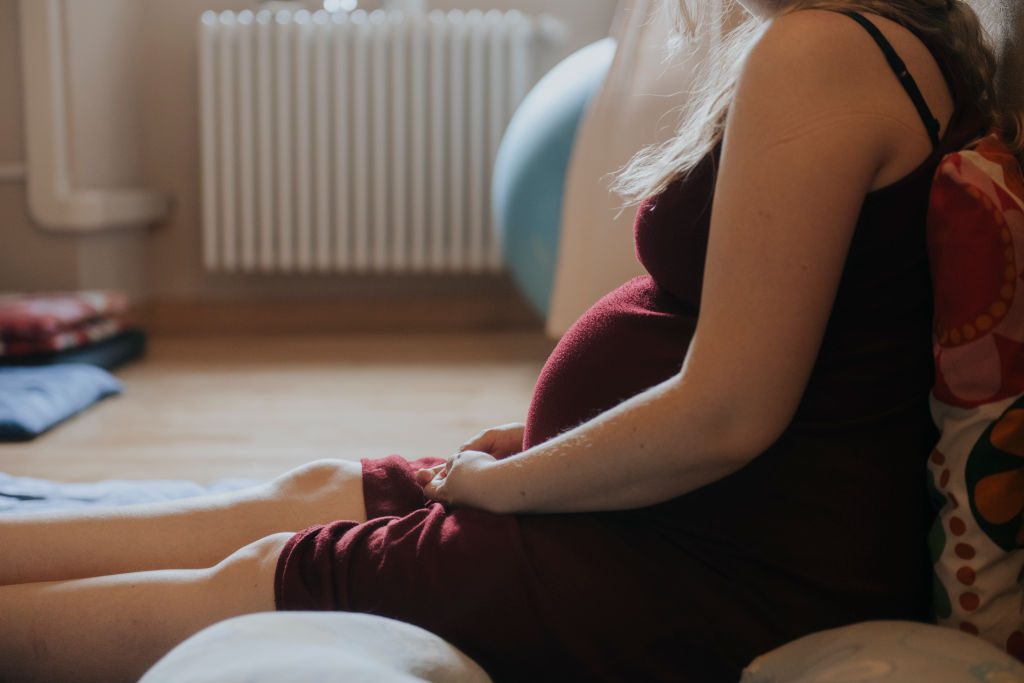Two weeks after my first child was born, I attended an event with my partner, a university lecturer. Midway through the evening, some female graduate students gathered round to admire my son. “Would you like a baby?” asked one. “God, no,” said another. “It ruins your figure.”
The comment surprised me for several reasons — most immediately because I was standing right there, “ruined” figure and all. The second was that I didn’t think I looked any worse than the speaker herself. The third was that it seemed like such a mad reason. Surely the decision to have or not have a child was far too enormous to come down to something so trivial.
Yet it’s an argument I’ve seen expressed several times since, and this week it seems to have taken over certain parts of social media. One popular thread with over four million impressions from “TastefulLindy” starts with an account claiming to have had multiple women tell her “they don’t want to get pregnant because they’re afraid of what it will do to their body.” In a recent Reddit discussion on the topic, one woman states: “It’s one of the main reasons I don’t want to have children.”
News reports on famous women acquiring babies through surrogacy or choosing to adopt are often accompanied by insinuations — or vehement denials — that it has nothing to do with being “too vain to get pregnant”.
According to TastefulLindy, postpartum ruination is a “much more common fear now”. How much more common it is, and compared to when, is difficult to assess. The 1997 Body Image in America survey featured the assertion that pregnancy was “increasingly being seen not as a normal body function but as an encumbrance to body image. And some women say they are choosing not to have children for this reason.” But if post-pregnancy bodies were seen as unacceptable deviations from an ideal back then, there are good reasons to think the situation is even worse today.
Since the Nineties, there has been a significant increase in the distribution and consumption of pornography, accompanied by a rising distaste for women being defined in terms of femaleness rather than surface-level femininity. At the same time, maternal feminism — of the kind which sought to re-evaluate and reshape female experiences of care and the body — has been overwritten by “tradwife” ideologies which belittle and pressure young women. There’s no space for straightforward acceptance of the female body in all its shifting forms. Considered alongside the financial and social precarity many women face, the supposed loss of the right kind of body can seem a price not worth paying.
In her 2022 book Intact, the philosopher Clare Chambers aligns the pressure to get one’s body “back” post-pregnancy with the popular — yet absurd — idea that “there was one moment when you had the body that was really, authentically, naturally yours.” She explains that in this mode of thinking, a woman’s real body is not the “saggy, stretchy, lumpy, wrinkly ones that, somehow, we find ourselves in” after pregnancy.
This “lost” body, she writes, is viewed as “the one that most accurately characterises who you really are, inside”. In an age of surgical modification, gender-affirming care and true self-validation, the idea that pregnancy robs you of your real self is more powerful than ever. Who wouldn’t fear that?
It is easy for those who panic over declining birth rates to castigate women for their supposed “vanity”. There are far more reasons why women might choose to opt out of reproducing: lack of a suitable partner, financial insecurity, fear of the actual physical risk of pregnancy, a simple preference for doing other things with one’s life (coupled with the ongoing unacceptability of saying just that). Part of me wonders if the student I encountered wasn’t worried about her body shape after all. Perhaps she was avoiding saying something even more insulting: maybe the classic “I wouldn’t want my brain to turn to mush.” Or perhaps she just didn’t want children and “I want to remain attractive” is a way of advertising your femininity while voicing an “unfeminine” desire.
It’s very hard to know what women want when choices are limited, and the ones you do make are bound to such intense public judgement. The issue isn’t that women are choosing not to have children because they are vain. It’s that we’re so far from any real choice at all.











Join the discussion
Join like minded readers that support our journalism by becoming a paid subscriber
To join the discussion in the comments, become a paid subscriber.
Join like minded readers that support our journalism, read unlimited articles and enjoy other subscriber-only benefits.
Subscribe